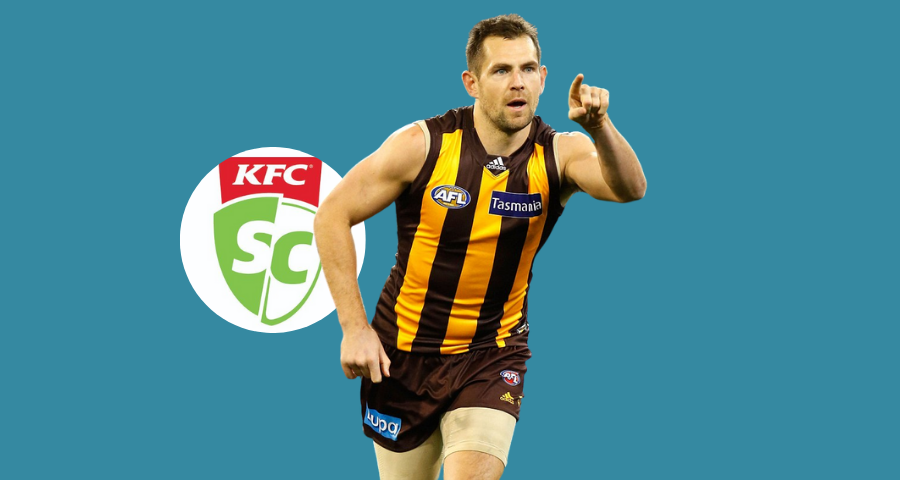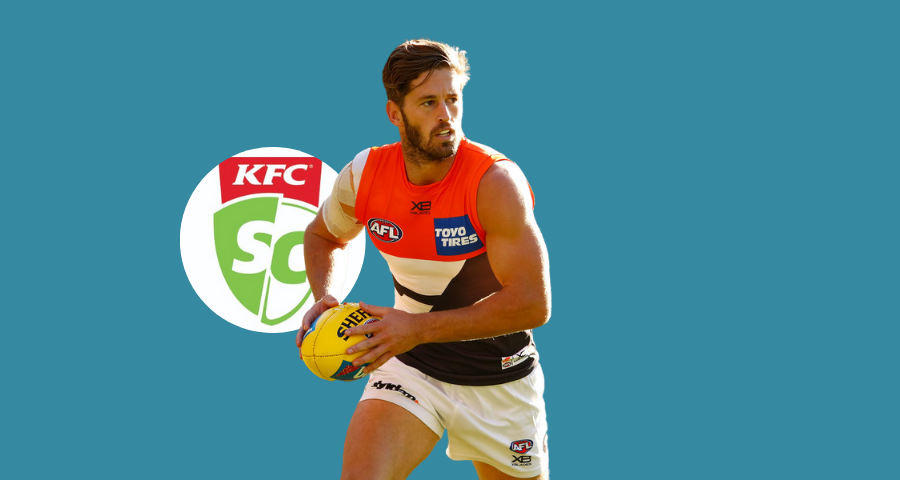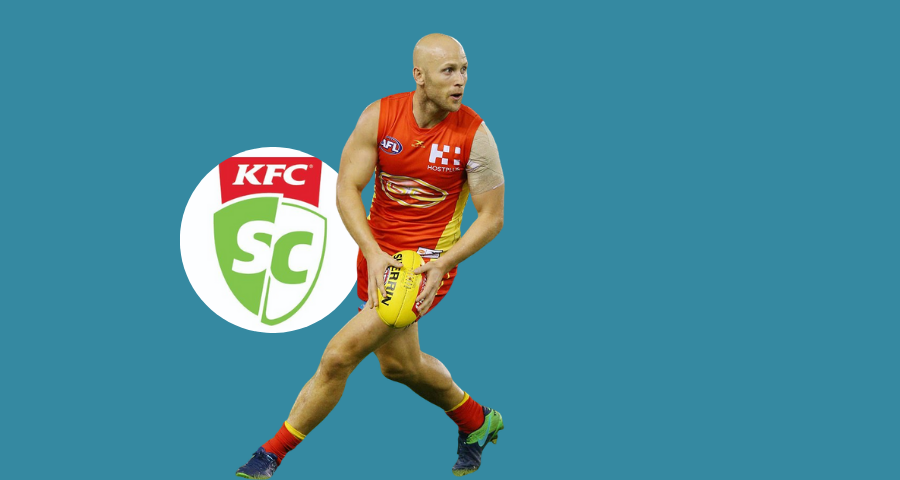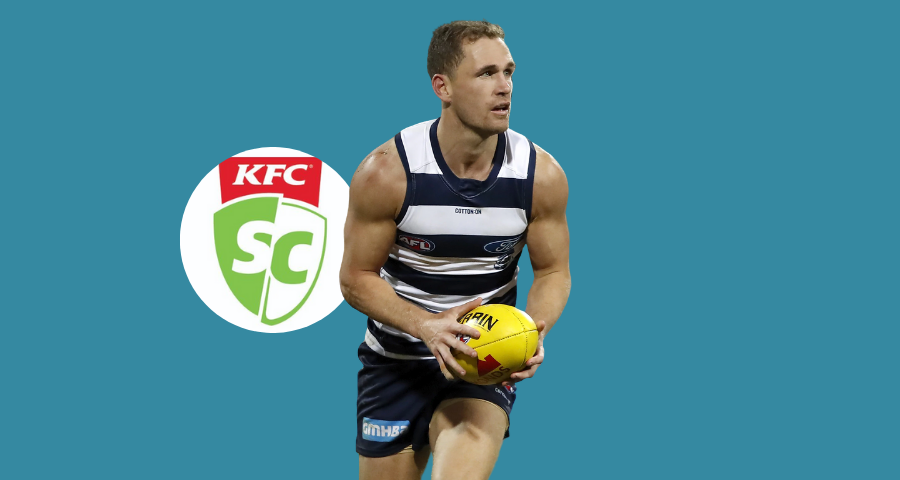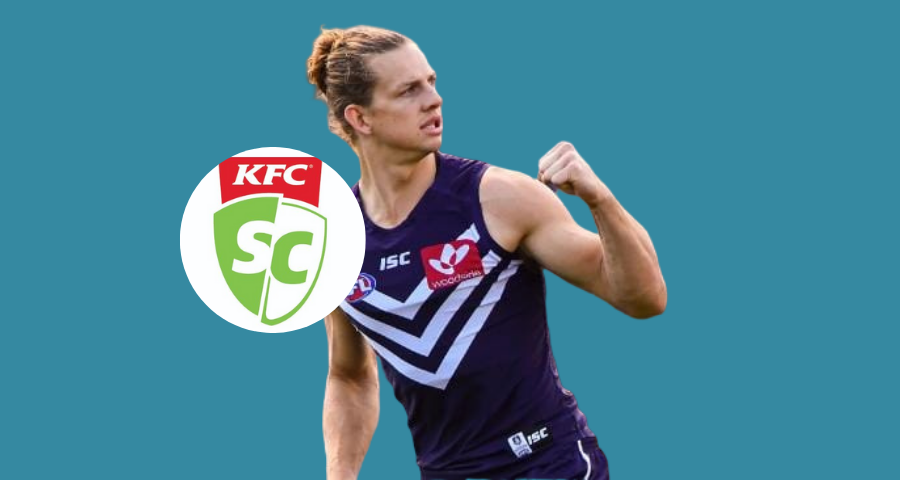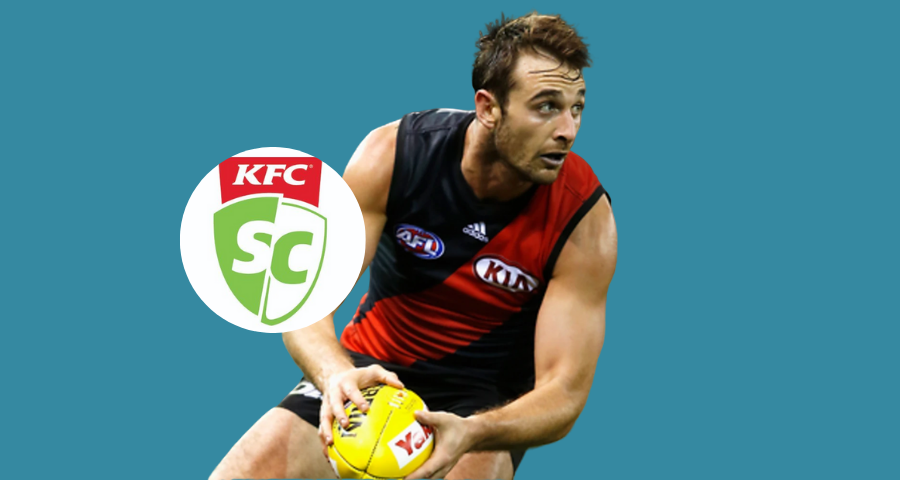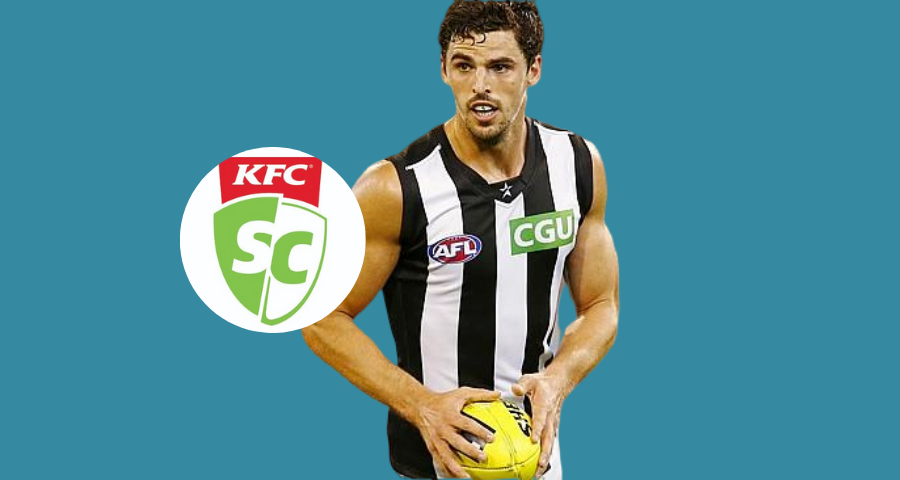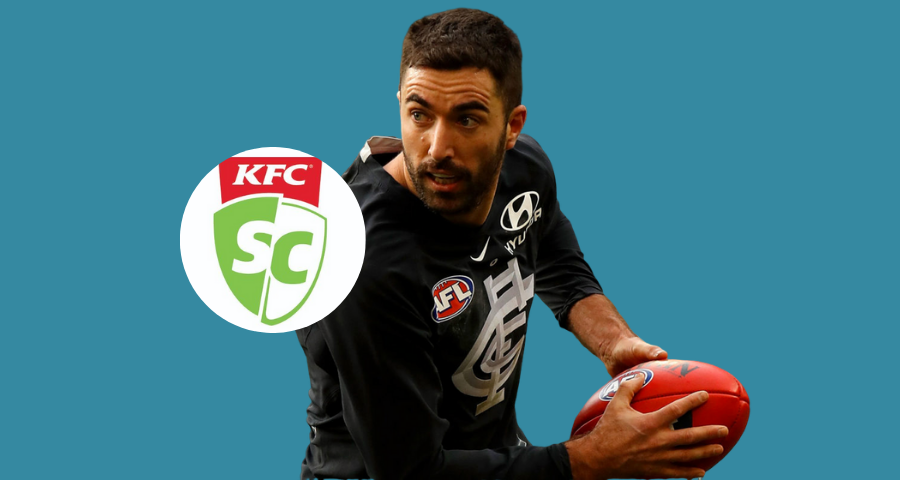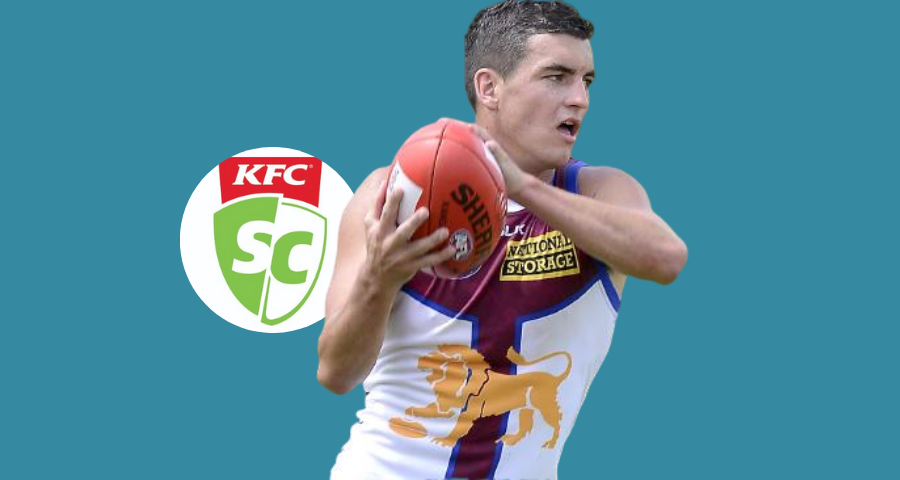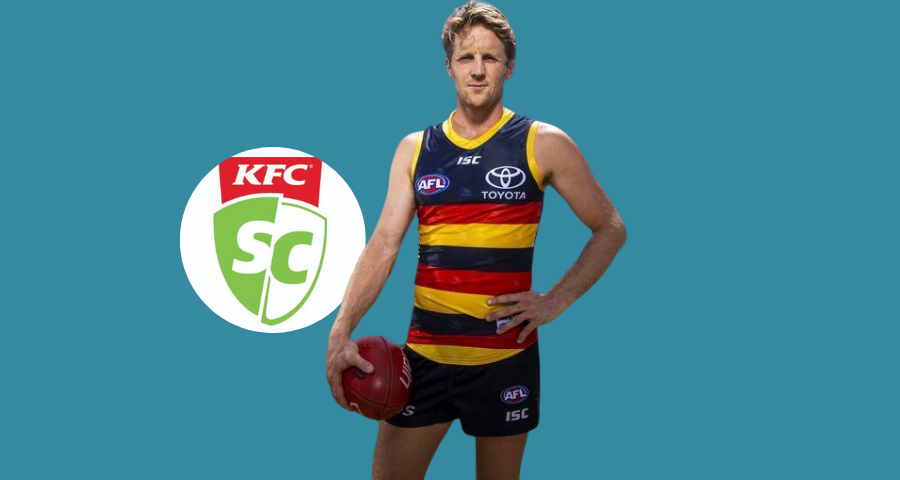We’ve decided to look at who I believe has been the best SuperCoach performer from each AFL club over the past ten years. Here’s who I believe it is for Hawthorn.
We’ve decided to look at who I believe has been the best SuperCoach performer from each AFL club over the past ten years. Here’s who I believe it is for GWS Giants.
We’ve decided to look at who I believe has been the best SuperCoach performer from each AFL club over the past ten years. Here’s who I believe it is for the Gold Coast Suns.
We’ve decided to look at who I believe has been the best SuperCoach performer from each AFL club over the past ten years. Here’s who I believe it is for the Geelong Cats.
We’ve decided to look at who I believe has been the best SuperCoach performer from each AFL club over the past ten years. Here’s who I believe it is for the Fremantle Dockers.
We’ve decided to look at who I believe has been the best SuperCoach performer from each AFL club over the past ten years. Here’s who I believe it is for the Bombers
We’ve decided to look at who I believe has been the best SuperCoach performer from each AFL club over the past ten years. Here’s who I believe it is for the Collingwood Football Club.
We’ve decided to look at who I believe has been the best SuperCoach performer from each AFL club over the past ten years. Here’s who I believe it is for the Carlton Blues.
We’ve decided to look at who MJ believes has been the best SuperCoach performer from each AFL club over the past ten years. Here’s who I believe it is for the Brisbane Lions.
During ‘iso life’ many fantasy footy sites (ours included) have gone into hiding. However, to pass the time we’ve decided to look at who I believe has been the best SuperCoach performer from each AFL club over the past ten years.
